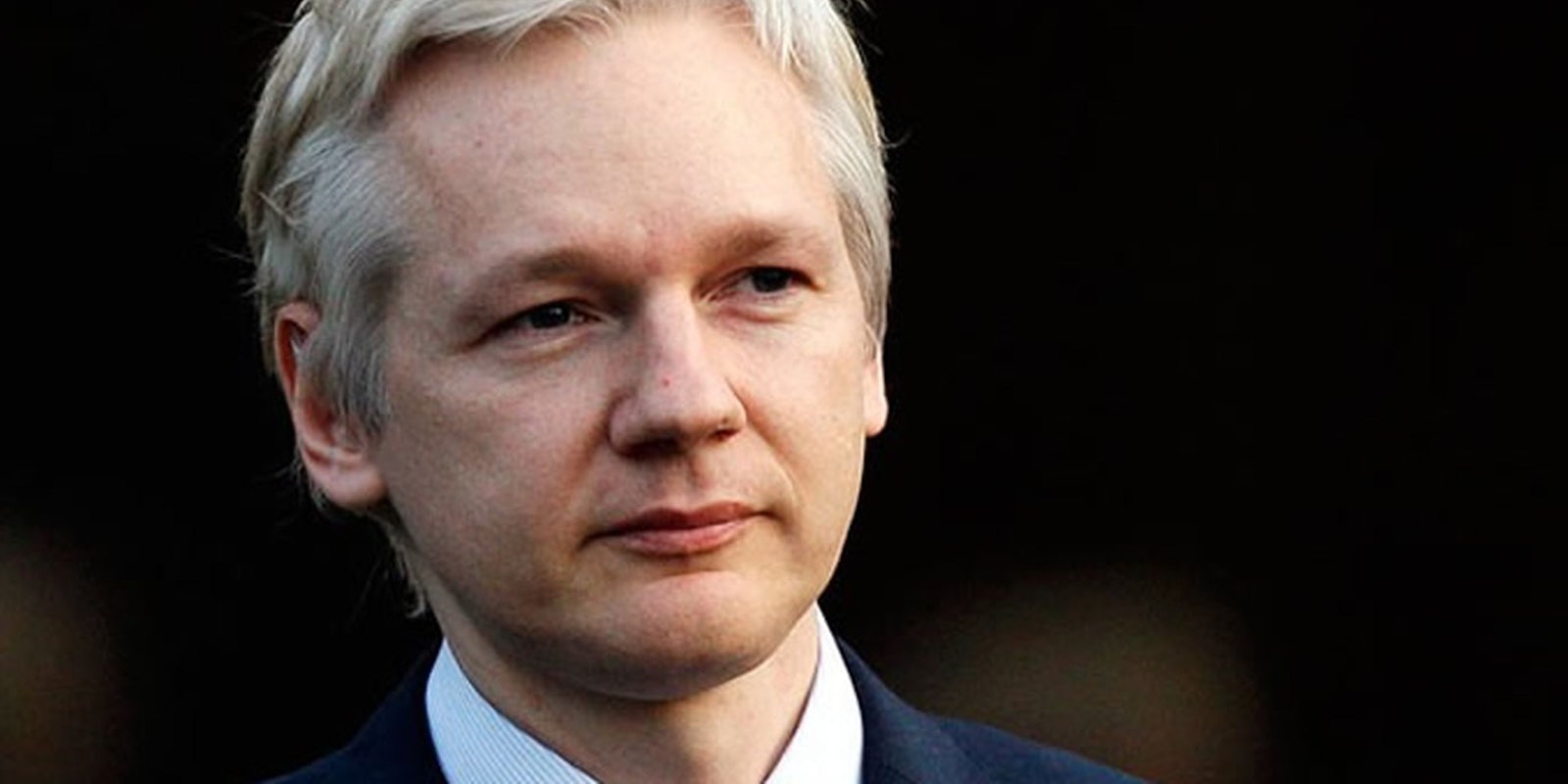Swedish prosecutors announced on Friday that they were dropping the rape investigation against Wikileaks founder Julian Assange, ending a seven-year stand off.
The country’s director of public prosecutions filed a request to the Stockholm District Court, which will revoke the standing Europe-wide arrest warrant.
“Director of Public Prosecution, Ms. Marianne Ny, has today decided to discontinue the investigation regarding suspected rape (lesser degree) by Julian Assange,” the official statement read.
Under Swedish law, public prosecutors had a Friday deadline to decide on whether to continue to uphold the warrant or lift it—although Assange could be arrested if he sets foot on Swedish soil before the statute of limitations on the rape allegation expires in August 2020
Assange has always denied the rape and sexual assault allegations, and in December released a 19-page testimony detailing his defense. He has been living in the Ecuadorian Embassy in London since 2012 to avoid extradition to Sweden, fearing that from there he would be extradited to the United States to face charges over WikiLeaks’ publishing of hundreds of thousands of classified military documents and diplomatic cables from the wars in Afghanistan and Iraq.
In the moments following the Swedish prosecutor’s announcement, the 45-year-old posted a picture of himself to Twitter.
— Defend Assange Campaign (@DefendAssange) May 19, 2017
As speculation rises as to when and if Assange will leave the safety of the London embassy, attention now shifts to the U.K. government who “refuse to confirm or deny” that they have received an extradition warrant from the U.S.
It appears, however, that London’s Metropolitan Police Service (MPS) are planning to downgrade their current operational stance. For three years, police were stationed 24/7 outside the embassy, costing the British taxpayer over £12.6 million. In October 2015, law enforcement dramatically decreased their presence in a strategized move to save money by removing uniformed officers, employing more covert tactics.
“Now that the situation has changed and the Swedish authorities have discontinued their investigation into that matter, Mr Assange remains wanted for a much less serious offence. The MPS will provide a level of resourcing which is proportionate to that offence,” a police spokesman told the BBC.
The United Nations found that the Swedish and British governments had held Assange in a form of “arbitrary detention” in 2016. However, the U.N.’s subsequent demands that he be allowed to go free were not legally binding.
The Trump administration has not responded to the Swedish prosecutor’s move. According to the New York Times, the Justice Department had been considering last month whether to bring formal charges against Assange. Attorney General Jeff Sessions described the situation as “a priority.”
Wikileaks played a central role during the 2016 presidential election by publishing emails stolen from the Democratic National Committee and the inbox of Clinton campaign chairman John Podesta. President Donald Trump’s then election rival, Hillary Clinton, said in a recent email that this, at least in part, cost her the election.
The dropping of Sweden’s charges come just days after whistleblower Chelsea Manning was released from prison, where she had been serving a 35-year sentence for leaking over 725,000 secret government and military documents to WikiLeaks.
Manning’s sentence was commuted by former President Barack Obama in January. She had been intelligence analyst stationed in Iraq when she leaked an enormous file dump of reports and cables including the Collateral Murder tape—published by Wikileaks.


